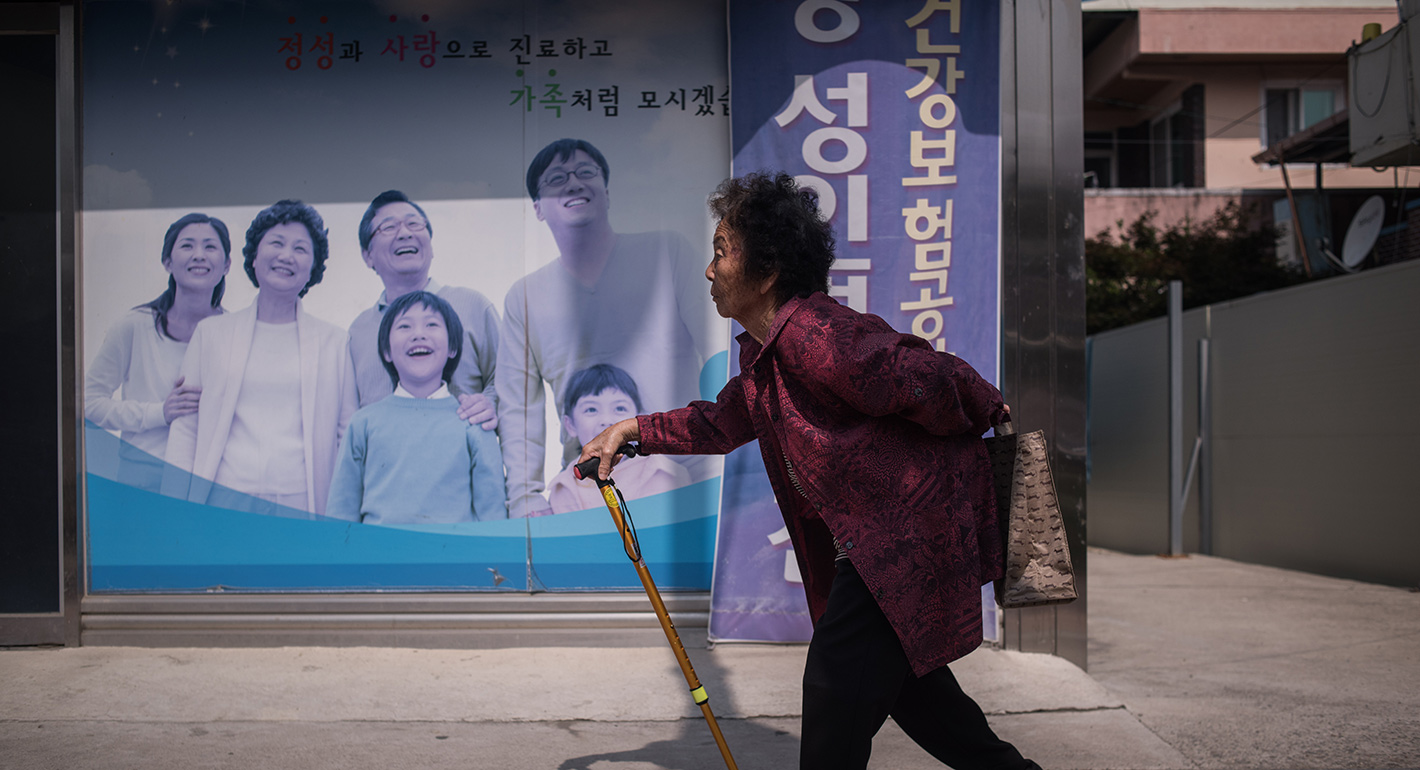Mei Ying Gechlik (Veron Hung)
{
"authors": [
"Mei Ying Gechlik (Veron Hung)"
],
"type": "other",
"centerAffiliationAll": "dc",
"centers": [
"Carnegie Endowment for International Peace"
],
"collections": [],
"englishNewsletterAll": "asia",
"nonEnglishNewsletterAll": "",
"primaryCenter": "Carnegie Endowment for International Peace",
"programAffiliation": "AP",
"programs": [
"Asia"
],
"projects": [],
"regions": [
"East Asia",
"China"
],
"topics": [
"Political Reform",
"Democracy",
"Economy",
"Military"
]
}
REQUIRED IMAGE
Getting to Democracy in Hong Kong
Recognizing the growing public demand for democratization, the communist leadership of Beijing is prepared to enter a dialogue with Hong Kong democrats. Some in the U.S. Congress want to show solidarity with Hong Kong democrats and toughness toward Beijing by removing beneficial economic treatment that Hong Kong receives. This would be a mistake; better options exist.
Source: Carnegie Endowment
Demonstrations in Hong Kong highlight the ongoing struggle between its citizens and Chinese leaders over the course of democratization there. The United States has substantial economic stakes in Hong Kong, which would be threatened by political crisis. U.S. investment and trade interests depend on preservation of the rule of law in Hong Kong, while Hong Kong also is a bellwether for the political evolution of Greater China, including Taiwan.
Recognizing the growing public demand for democratization, the communist leadership of Beijing is prepared to enter a dialogue with Hong Kong democrats. However, the democrats’ leverage depends on their performance in the September 12 legislative elections. Some in the U.S. Congress want to show solidarity with Hong Kong democrats and toughness toward Beijing by removing beneficial economic treatment that Hong Kong receives. This would be a mistake; better options exist for Americans to help democratization in Hong Kong.
Click on link above for the full text of this Policy Brief.
A limited number of print copies are available.
Request a copy
About the Author
Veron Hung is an associate in the Carnegie Endowment’s China Program. She received her doctorate from Stanford University and has in-depth experience in Chinese law, and law and politics in the Asia-Pacific region. She is the author of China's WTO Commitment on Independent Judicial Review (Carnegie Paper No. 32).
About the Author

Former Non-Resident Associate
- Protecting Intellectual Property Rights in Chinese Courts: An Analysis of Recent Patent JudgmentsPaper
- Judicial Reform in China: Lessons from ShanghaiPaper
Mei Ying Gechlik (Veron Hung)
Recent Work
More Work from Carnegie Endowment for International Peace
- Iran Is Pushing Its Neighbors Toward the United StatesCommentary
Tehran’s attacks are reshaping the security situation in the Middle East—and forcing the region’s clock to tick backward once again.
Amr Hamzawy
- The Gulf Monarchies Are Caught Between Iran’s Desperation and the U.S.’s RecklessnessCommentary
Only collective security can protect fragile economic models.
Andrew Leber
- Duqm at the Crossroads: Oman’s Strategic Port and Its Role in Vision 2040Commentary
In a volatile Middle East, the Omani port of Duqm offers stability, neutrality, and opportunity. Could this hidden port become the ultimate safe harbor for global trade?
Giorgio Cafiero, Samuel Ramani
- Governing Aging Economies: South Korea and the Politics of Care, Safety, and WorkPaper
South Korea’s rapid demographic transition previews governance challenges many advanced and middle-income economies will face. This paper argues that aging is not only a care issue but a structural governance challenge—reshaping welfare, productivity, and fiscal sustainability, and reorganizing responsibilities across the state, private sector, and society.
Darcie Draudt-Véjares
- What We Know About Drone Use in the Iran WarCommentary
Two experts discuss how drone technology is shaping yet another conflict and what the United States can learn from Ukraine.
Steve Feldstein, Dara Massicot









